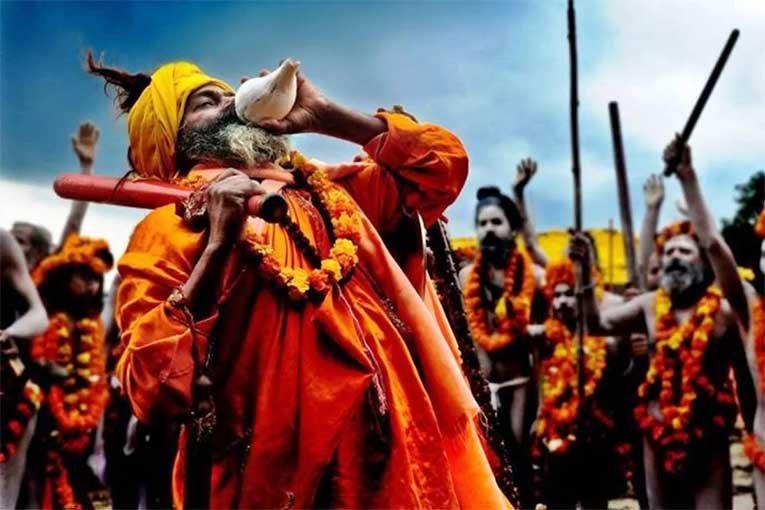The Mahakumbh holds a special place in the hearts of Hindus, serving as a cornerstone of their cultural and spiritual heritage. This sacred event, which occurs every 12 years at four different locations in India, is deeply rooted in tradition and symbolism, embodying the essence of Hindu beliefs and values.
Preserving Religious Traditions
One of the most significant aspects of the Mahakumbh is its role in preserving and upholding ancient religious traditions. The festival traces its origins back to Hindu mythology, where it is believed that during a fierce battle between gods and demons over the nectar of immortality, drops of the precious liquid fell at the four sacred locations where the Mahakumbh is now held. By participating in the Mahakumbh, Hindus not only honor this mythological event but also reaffirm their connection to their religious roots and ancestral practices.
The rituals and ceremonies performed during the Mahakumbh are steeped in tradition and have been passed down through generations. From the sacred bath in the holy rivers to the chanting of mantras and the offering of prayers, every aspect of the festival is a testament to the enduring power of Hindu customs and beliefs. By participating in these rituals, Hindus reinforce their sense of identity and belonging to a larger spiritual community that transcends time and space.
Fostering Community Bonding
The Mahakumbh serves as a powerful catalyst for fostering community bonding among Hindus from diverse backgrounds. During the festival, millions of devotees converge at the designated locations to partake in the sacred rituals and seek blessings from the holy waters. This massive gathering transcends social barriers and unites people from different castes, regions, and walks of life in a shared spiritual experience.
The sense of camaraderie and solidarity that emerges during the Mahakumbh is palpable, as devotees come together to celebrate their faith and connect with one another on a deeper level. The festival provides a rare opportunity for individuals to set aside their differences and come together in a spirit of unity and mutual respect. In this way, the Mahakumbh reinforces the idea of a larger Hindu community bound by a common heritage and shared values.
Celebrating Spiritual Heritage
At its core, the Mahakumbh is a celebration of the rich spiritual heritage of Hinduism. The festival encapsulates the essence of Hindu philosophy and teachings, emphasizing the importance of spiritual purification, devotion to the divine, and unity with the cosmos. The act of taking a dip in the sacred rivers during the Mahakumbh is believed to cleanse the soul of impurities and pave the way for spiritual enlightenment.
Devotees view the Mahakumbh as a rare opportunity to immerse themselves in the divine energy of the sacred waters and seek blessings for themselves and their loved ones. The festival is a time of profound introspection and renewal, as individuals reflect on their spiritual journey and reaffirm their commitment to living a life guided by dharma (righteousness) and karma (action).







